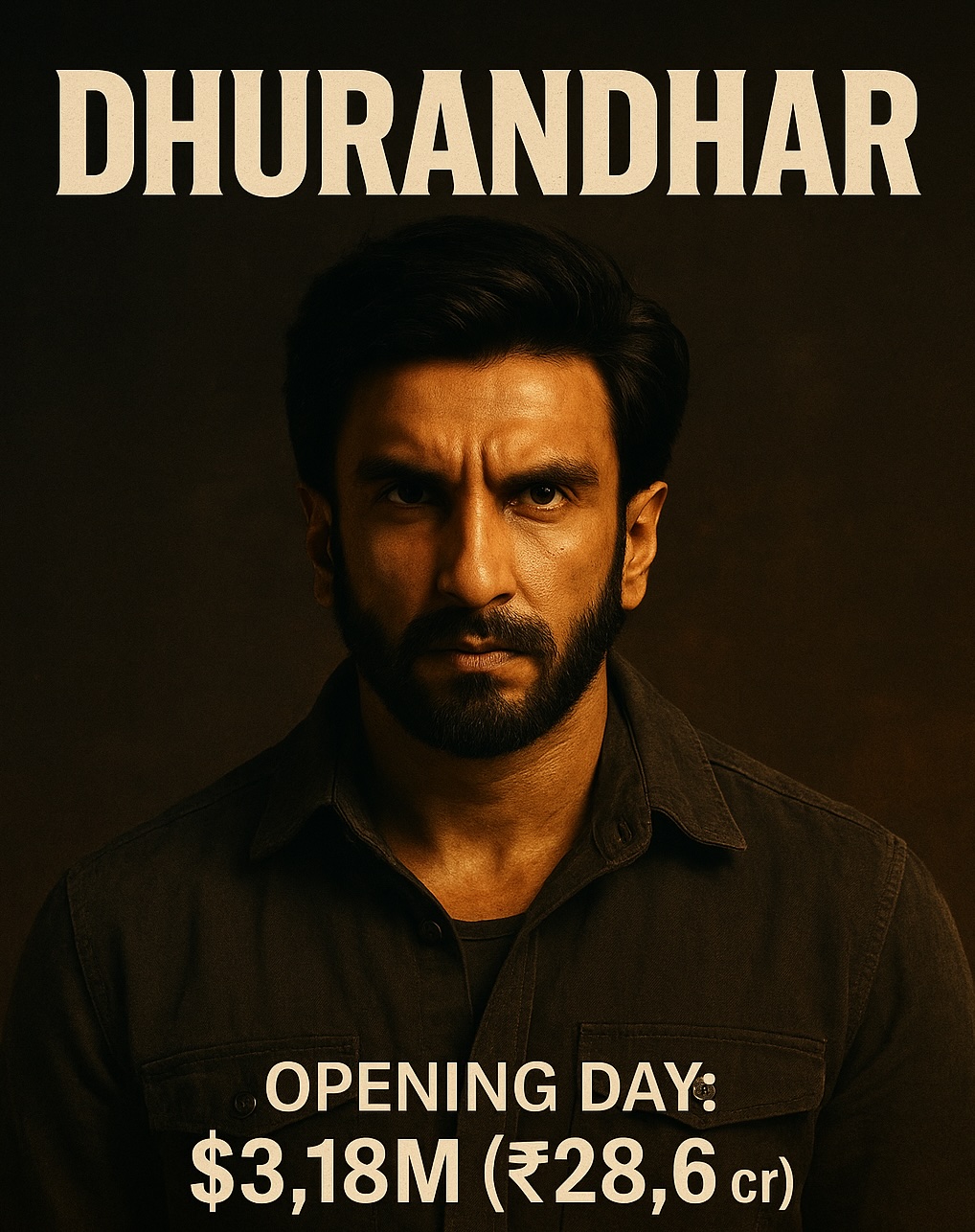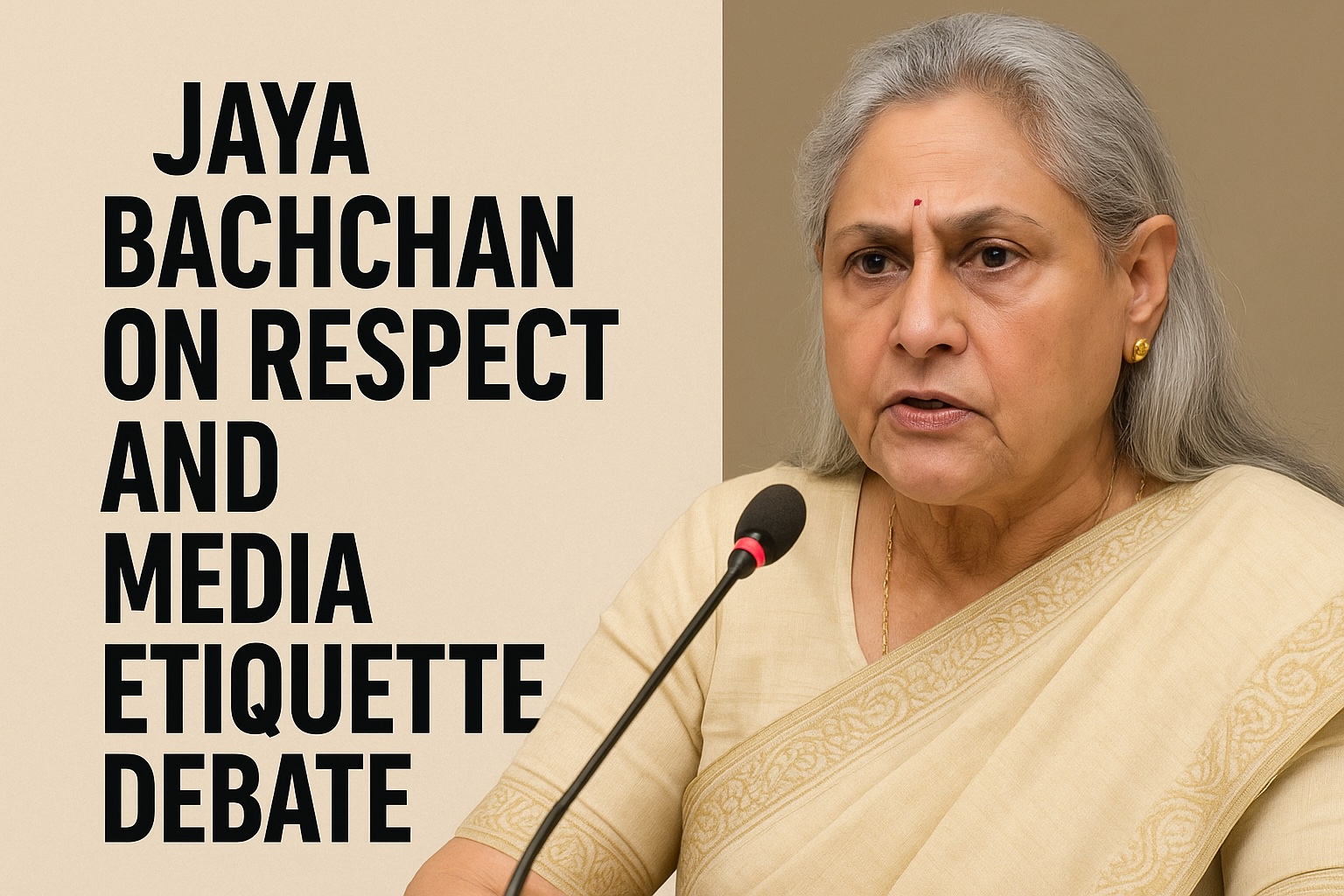Capitalism versus socialism, marriages of convenience, ambition, alcoholism, a pink buffalo and some Zulu dancers – it’s all there in Vishal Bhardwaj’s mad, trippy satire. There is no subtext – it’s all there to be read in black (like the comedy) and pink (like the politics). When a bottle of drink is offered to a character who calls himself Mao, Mandola suggests he takes the one on the left.
So who are Matru, Bijlee, and Mandola? Mandola (Pankaj Kapur) is a powerful landowner with dreams of cranes, cement and chrome edifices replacing his farmlands. The farmers despise Mandola. But when Mandola drinks his favourite local brew, Gulabo, his inner socialist is awakened, to the extent that he leads a protest against himself! The colour of Mandola’s socialism is pink. When he has one too many, his driver Matru (Imran Khan), a JNU graduate, is enlisted to keep Mandola off the bottle, but Matru is only too happy to make it one more for the road. Matru, on his part, also has an alter ego, of the card-carrying kind. Together the pair gets up to all kinds of crazy antics such as going for a long night walk in an airplane!
In the Haryanvi hinterland village named after him, Mandola is in cahoots with a local politician played by Shabana Azmi. Mandola needs her to convert his farmlands into a Special Economic Zone. The ambitious and manipulative lady has struck a deal to marry her son (Arya Babbar) off to Mandola’s daughter Bijlee (Anushka Sharma) thereby cementing their financial alliance as well and ensuring she is flush with funds to fight for a Delhi seat. She’s the kind of person who toasts a victory with not ‘cheers’ but ‘kursiyaan’!
Free-spirited Bijlee, with a Meena Kumari complex, follows her father’s mercenary blueprint to a point, but she’s torn between abundant riches and true love. In this them-versus-us story, director-writer Bhardwaj includes some random elements e.g. Zulu dancers, my only explanation for which was to allow Bhardwaj to justify the African rhythms and instrumentation in some of his compositions. Though his soundtracks for Omkara and Saat Khoon Maaf were enjoyable, this time the songs are sometimes detrimental to the flow of the narrative. But his background score scores high points. The production design (including locations) is also worthy of mention.
Imran Khan steps out of his comfort zone with this movie. He fumbles occasionally, but makes up for that with an enthusiastic effort. Anushka Sharma is a facsimile of every role she has played to date – loud, bubbly, unabashed, northern girl. The only scene that brought out some variety was when she gets plastered on her wedding day. Arya Babbar is hammy but Azmi is in fine form, as always. Her scenes with Pankaj Kapur are dynamite, and while he describes her as delicious, it is really his performance that is delicious. He plays the slurring drunk with unbelievable credibility and then the fierce feudal lord with as much zeal, creating two diametrically opposed characters. You almost want to see him adopting the gulabi buffalo as a pet. If for no other reason, this film should be watched for his electric performance.
This black comedy may not be palatable to all, but if you are willing to go with the flow, accept the madness and the humour, you might just be surprised at the fun you will have. Vishal Bhardwaj is an individualistic and imaginative filmmaker willing to take risks. He also writes characters like Mandola for a brilliant actor like Kapur. If only he had cast commercial considerations aside, this blending of absurdity and satire might have risen beyond the inadequately layered material.
Rating: ***1/2





